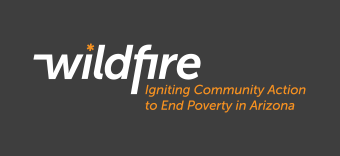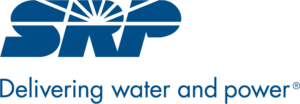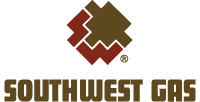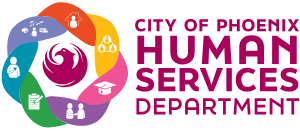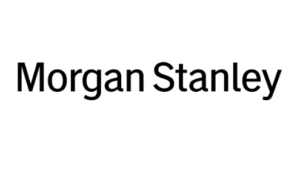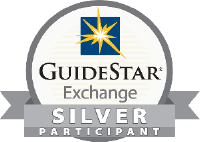2024 Annual Conference
October 24-25
Please visit our Annual Conference website for more information: tickets, lodging, agenda etc. wildfireannualconference.com
Join Wildfire for a two-day conference honoring Community Action Agency staff, human services providers, and other partners who share our vision of stopping poverty before it starts.
Ignite change on social media! Tag @wildfireazorg and use #EndPovertyAZ #IgniteLastingChange
Lodging Information:
Harrah’s Ak-Chin Hotel and Casino
15406 North Maricopa Road, Maricopa, AZ 85139
Book rooms by September 22, 2024 to receive Wildfire’s discounted rate. To reserve lodging, follow this link and enter code S10AWC4. Or call: 1-800-CAESARS and provide the group code as well.
